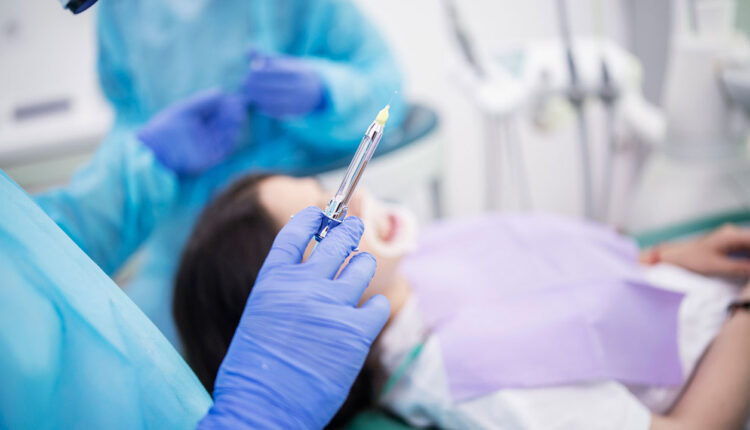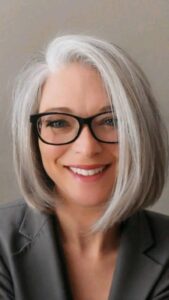
Leading the Charge
Suzanne Mathis, RDH, MS, empowers Georgia dental hygienists through education and advocacy.

When Suzanne Mathis, RDH, MS, walked away from a career in dental hygiene to teach middle school, she never imagined she’d return to her alma mater, Augusta University, to help usher in one of the most significant legislative changes in Georgia’s dental hygiene history. But that’s exactly where she finds herself today: not just teaching but empowering the next generation of dental hygienists with a skill that’s long overdue in the Peach State — administering local anesthesia.
“I’d love to say that I wanted to be a dental hygienist from early on, but that isn’t the case,” Mathis shares. Her journey began with an uncertain college path and a chance conversation with her dental hygienist, Helen Mosley, RDH, during a routine checkup. “She was the one who sparked my interest in dental hygiene,” Mathis recalls. That conversation changed everything. She went on to earn her bachelor’s degree from the Medical College of Georgia (now Augusta University) in 2003 and spent 7 years in private practice before she was in need of a change.
Initially, she wanted to teach dental hygiene, but she was not able to enter a master’s degree program in education with the bachelor’s degree she’d earned in dental hygiene. “Undeterred, I completed an additional bachelor’s degree in middle grades education in the evenings while working as a dental hygienist 3 days a week and raising a family. In 2010, I left dental hygiene all together. I taught middle school for 3.5 years and while I did that, I worked on my master’s degree so that I could ultimately teach on the collegiate level,” Mathis explains.
Her road back to dental hygiene education was anything but linear. “Honestly, I was not thinking about returning to dental hygiene,” she says. But fate had other plans. A chance reunion with a former classmate led her back to Augusta University, where she’s been teaching since 2014.
Today, Mathis is at the forefront of an initiative that’s changing the game for dental hygienists in Georgia. In 2024, the state finally expanded the dental hygiene scope of practice to include local anesthesia, a move that Mathis believes was long overdue. “Georgia took a long time to add local anesthesia due to a combination of factors,” she explains. “Dentist resistance played a huge role. Many boards are dominated by dentists, and there was long-standing hesitation about delegating anesthesia to hygienists.”
Despite more than 40 other states having safely integrated local anesthesia into dental hygiene practice, Georgia lagged behind, largely due to conservative policies and professional politics. “Some dentists were blinded by a ‘fear’ that it would lead to more independent practice instead of seeing the benefits it offers to patients and the dental team,” Mathis says.
For Mathis, the importance of this shift goes far beyond politics. “Some hygiene procedures can be painful without anesthesia. When dental hygienists can provide it themselves, it streamlines workflow and reduces patient anxiety,” she notes. “It’s not just about convenience, it’s about elevating our role and aligning our responsibilities with our training.”
To prepare students for this new responsibility, Augusta University has launched a dedicated course on local anesthesia. Mathis is among the faculty leading the charge. “We’re equipping our students with a critical skill that enhances their ability to deliver high-quality, patient-centered care,” she says. The course is hands-on, using anesthesia manikins, innervation models, and peer-to-peer practice. “It’s exciting to watch students gain confidence in a skill that directly impacts patient comfort,” Mathis adds. “By teaching this course, we’re indirectly improving thousands of patient experiences. That’s incredibly rewarding.”
As Georgia catches up with the rest of the country, Mathis is proud to be part of the movement redefining what it means to be a dental hygienist. “Being able to provide local anesthesia isn’t just about injections, t’s about autonomy, professionalism, and better care for our patients,” she says. And thanks to leaders like her, Georgia’s dental hygienists are finally being empowered to practice to the full extent of their training.

